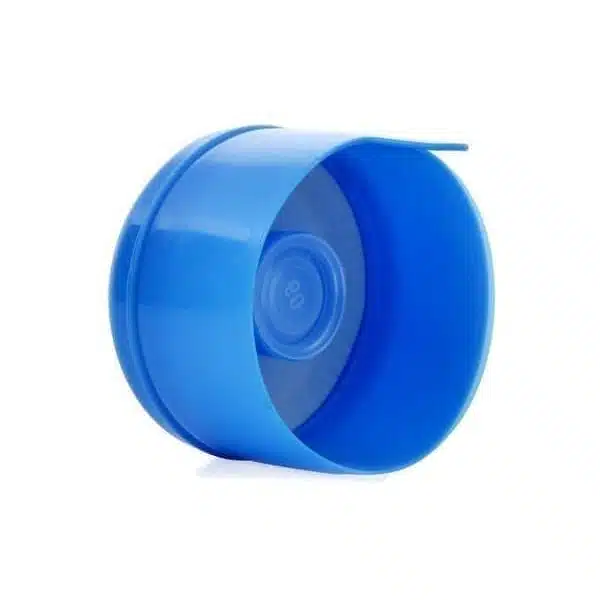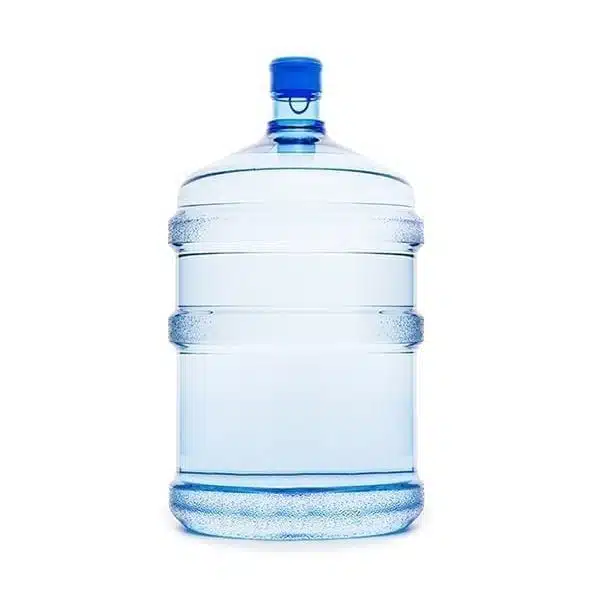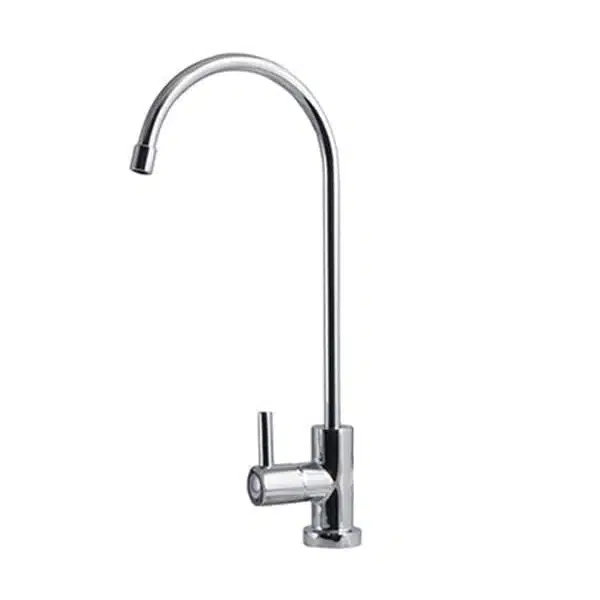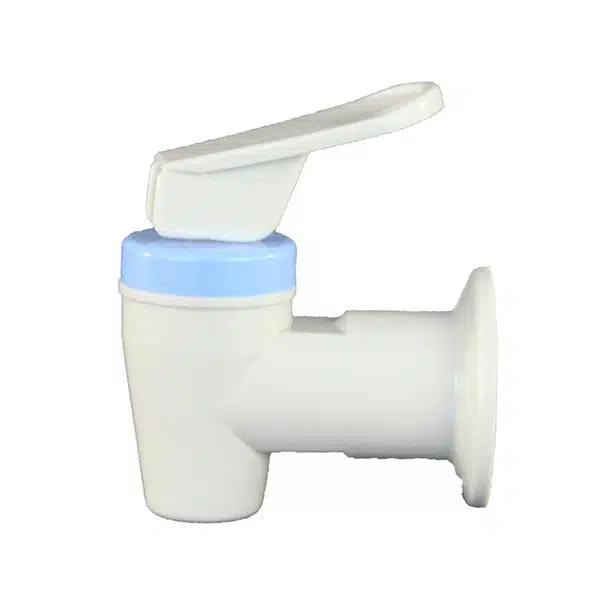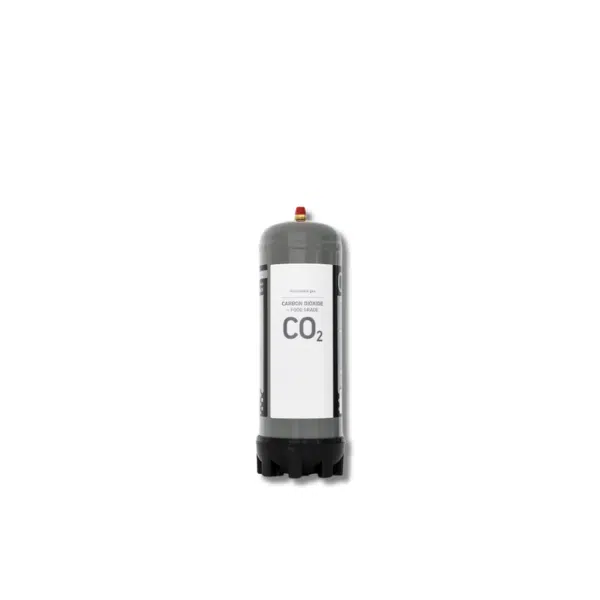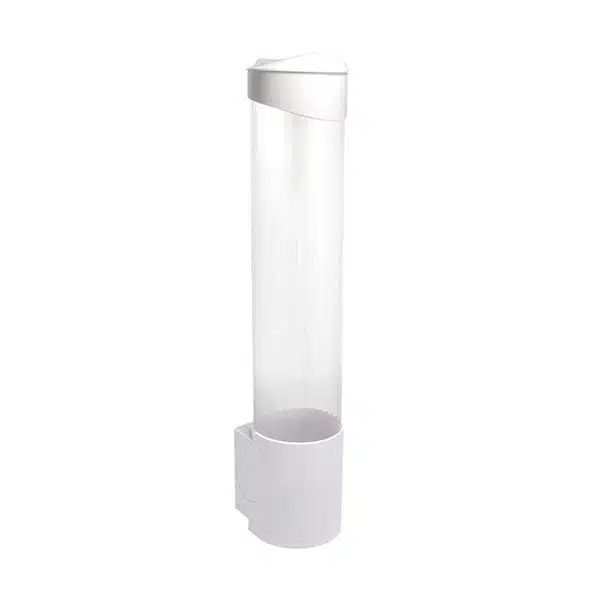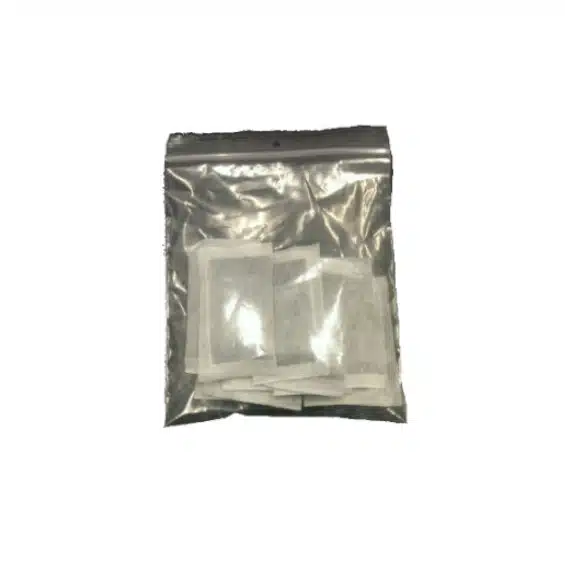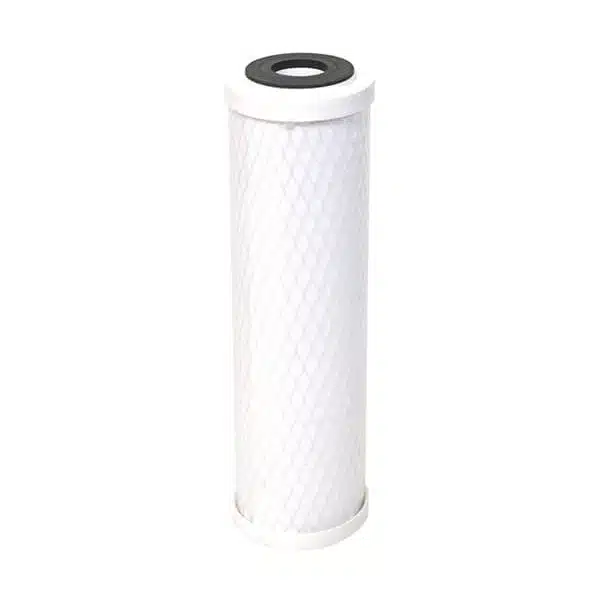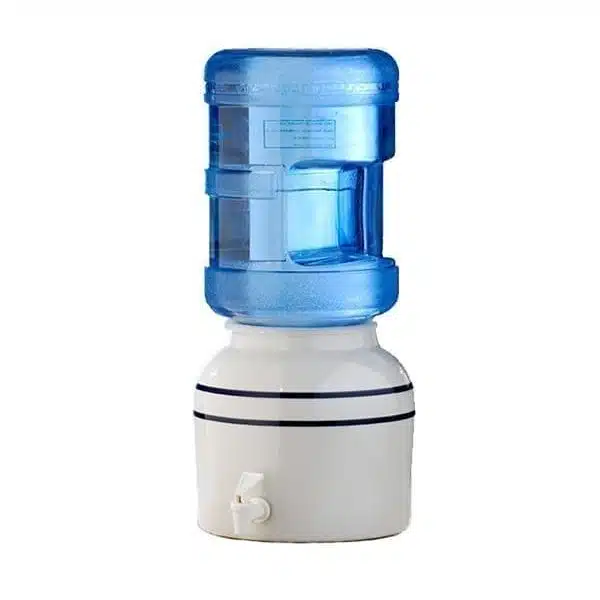ULTRA PURIFIED WATER
A Cornerstone of Medical Sterilization

In the realm of healthcare, ensuring sterile conditions is paramount to prevent infections and promote patient safety. One crucial component of maintaining such conditions is the use of ultra-purified water. In this article, we delve into the significance of ultra-purified water in medical sterilization processes and its indispensable role in safeguarding patients’ well-being.
The Importance of Sterilization in Healthcare: Sterilization is the process of eliminating all forms of microbial life, including bacteria, viruses, fungi, and spores, from surfaces, equipment, and instruments. In medical settings, proper sterilization is essential to prevent the transmission of pathogens and reduce the risk of healthcare-associated infections (HAIs). HAIs pose a significant threat to patient health and can prolong hospital stays, increase healthcare costs, and even result in morbidity and mortality.
Role of Ultra-Purified Water in Sterilization: Ultra-purified water, also known as highly purified water (HPW), is water that has undergone extensive purification to remove impurities and contaminants, including minerals, particles, and microorganisms. This level of purity is crucial for various medical applications, particularly in sterilization processes where even the slightest impurity can compromise efficacy and safety.
- Steam Sterilization: Autoclaves, widely used in healthcare facilities, utilize steam under pressure to achieve sterilization. Ultra-purified water is essential for generating steam free from impurities that could contaminate surgical instruments, medical devices, and other equipment. Any impurities in the steam could lead to incomplete sterilization or cause damage to sensitive instruments.
- Cleaning and Disinfection: In addition to sterilization, ultra-purified water is instrumental in the cleaning and disinfection of medical equipment and surfaces. It serves as a base for preparing cleaning solutions and ensures that no contaminants are introduced during the cleaning process. Clean surfaces are a prerequisite for effective sterilization, as microbial load must be minimized before sterilization can occur.
- Dialysis and Intravenous Fluids: Ultra-purified water is also vital in the preparation of dialysis solutions and intravenous (IV) fluids used in patient care. Dialysis requires water of the highest purity to prevent the introduction of toxins or contaminants into the patient’s bloodstream. Similarly, IV fluids must be sterile and free from impurities to avoid introducing pathogens or causing adverse reactions in patients.
Quality Standards and Regulations: The production and use of ultra-purified water in medical settings are governed by stringent quality standards and regulations to ensure safety and efficacy. Regulatory bodies such as the United States Pharmacopeia (USP) and the European Pharmacopoeia (Ph. Eur.) have established monographs and guidelines outlining the specifications for purified water and ultra-purified water intended for medical use.
Ultra-purified water is a critical component of medical sterilization processes, playing a foundational role in ensuring the safety and efficacy of healthcare practices. From steam sterilization to the preparation of dialysis solutions and IV fluids, the purity of water directly impacts patient outcomes and healthcare outcomes. By adhering to strict quality standards and regulations, healthcare facilities can uphold the highest standards of sterilization and safeguard the well-being of patients.
